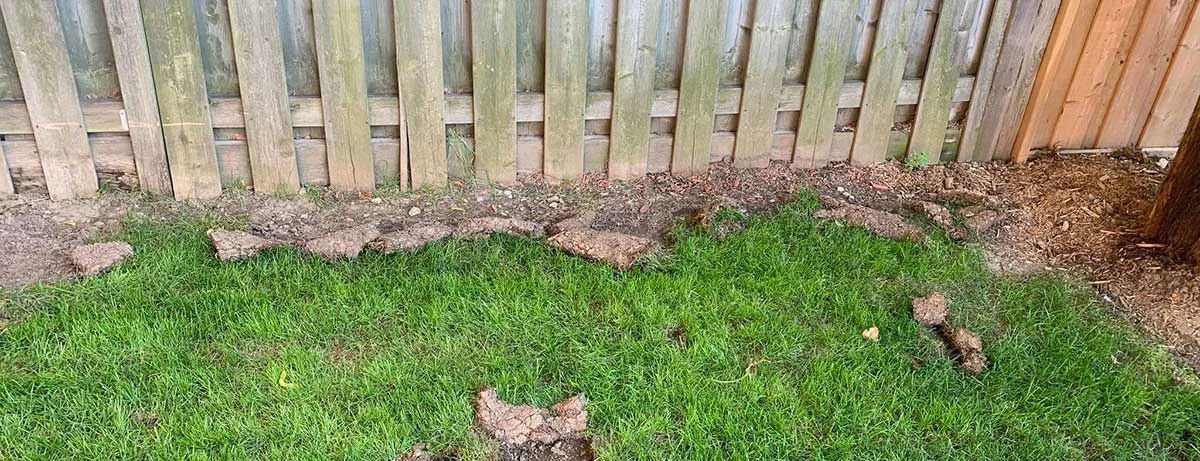How Do I Stop Raccoons from Pooping in My Yard?
If you’ve ever ventured into your backyard only to discover a surprise left by a raccoon, you know the frustrations that come with it. These nocturnal creatures are not only a nuisance with their persistent presence but also leave behind unwanted waste that can pose health risks and create an unpleasant environment. If you’re looking to reclaim your yard from these furry invaders, you’re in the right place. Here are effective strategies to keep raccoons from turning your outdoor space into their bathroom.

One of the first steps in deterring raccoons is to eliminate food sources. Raccoons are opportunistic feeders that are drawn to easy meals. Ensure that garbage cans are securely closed and stored in a raccoon-proof container. If you have pets, make sure their food is not left out overnight, as it can attract these critters. Fallen fruits and vegetables from your garden can also entice them, so regularly cleaning up after gardening activities is essential.
Creating an unwelcoming environment can significantly reduce the likelihood of raccoons making your yard a regular pit stop. These animals are known for their climbing abilities, so consider installing a fence that is at least four feet high and extends about a foot underground to prevent digging. Adding slanted tops or inward-facing features can deter climbing. Additionally, placing spiky materials or wire on top of fences can make it uncomfortable for them to perch.
Using natural repellents can also have a positive effect. Raccoons have sensitive noses and strong aversions to certain scents. Citrus peels, vinegar, or commercial raccoon repellents can be effective. Spraying a citrus-scented solution around the perimeter of your yard or placing citrus peels strategically can help keep these animals at bay. Motion-activated sprinklers can also be employed to startle raccoons, making them think twice before entering your yard.
Another approach is to enhance your yard with deterrent plants. Certain plants, such as rue, marigolds, or lavender, can repel raccoons. Integrating these into your landscaping can create a natural barrier that is attractive yet functional. The combination of a barrier and an uninviting environment can discourage raccoons from returning.
If raccoons persist despite your best efforts, consider installing a motion-activated light or sound device. The sudden burst of light or noise can scare them away. Additionally, making sure your yard is well-lit during the night can discourage raccoons from feeling comfortable enough to roam.
For those who are comfortable with a little DIY, a simple and safe homemade raccoon deterrent can be made using ingredients such as cayenne pepper mixed with water. Spraying this around the areas they frequent might send them packing. However, ensure that any solution used is safe for pets and beneficial wildlife in your area.
While it may be tempting to trap raccoons, it is essential to consider that this could be illegal in your area or require a specific permit. Trapping can also lead to unnecessary stress for the animal and potential diseases being spread. Embracing humane and eco-friendly methods is the most responsible approach.
Lastly, if all else fails, you might want to consult with local wildlife control experts. They can provide tailored solutions based on your situation and local wildlife laws, ensuring that you address the problem effectively and humanely.

By combining these strategies, you can effectively deter raccoons from invading your yard. A proactive approach not only makes your outdoor space more enjoyable but also contributes to a healthier environment. After all, no one wants to share their yard with unwanted guests. With diligence and a little creativity, you can keep your yard raccoon-free and restore its charm.



